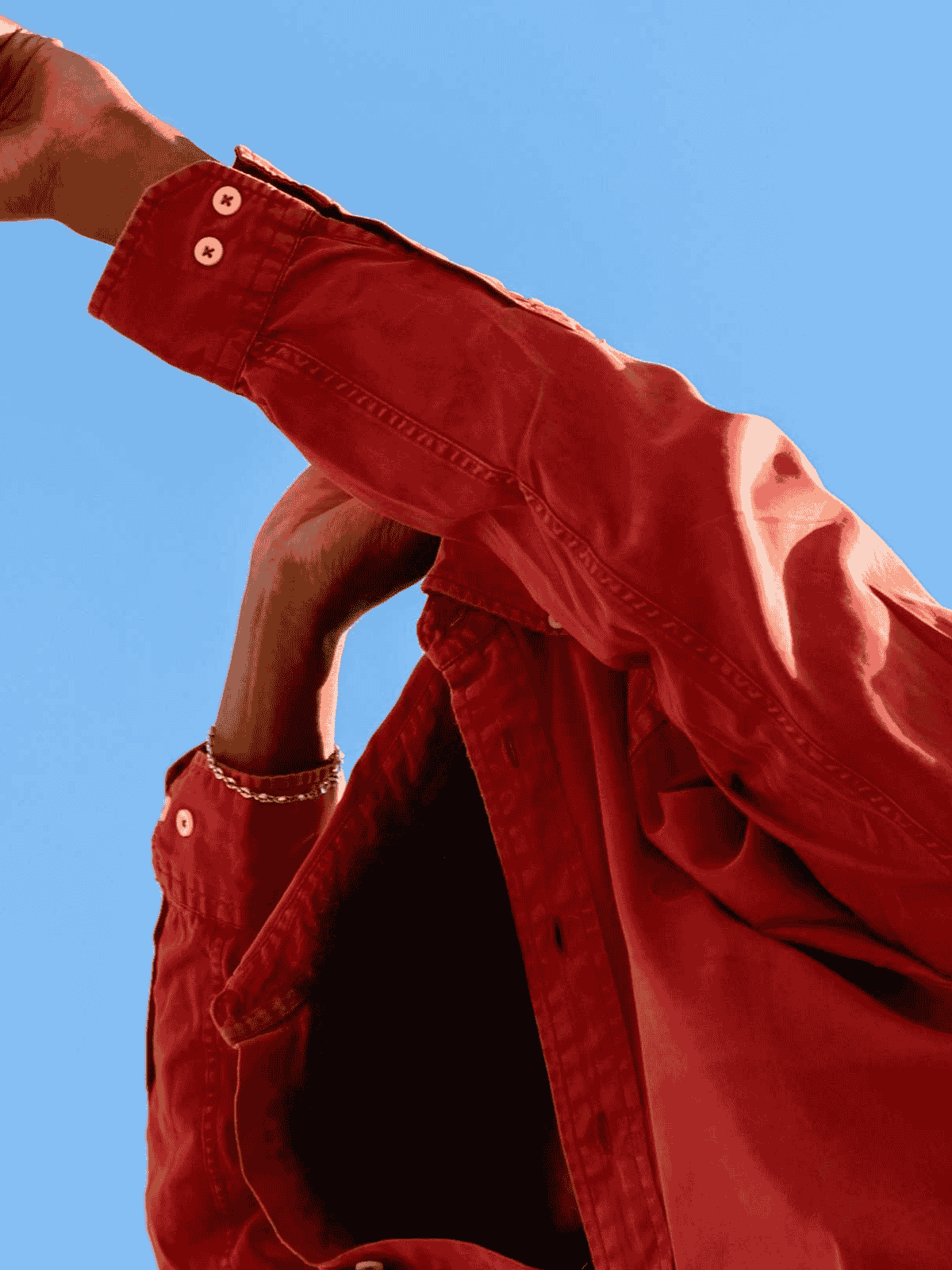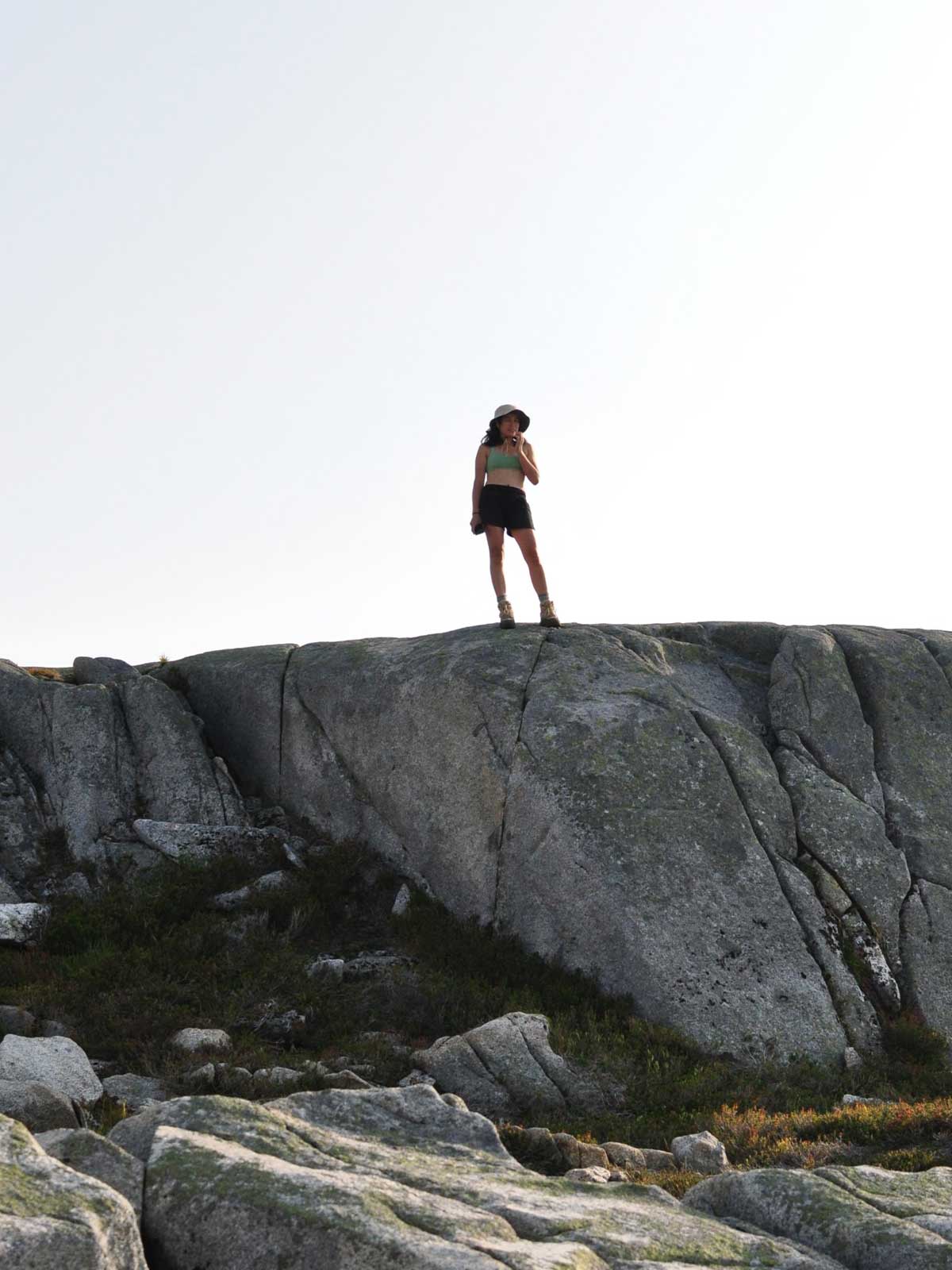On 29th November, the world will once again fall under the Black Friday spell. We want to help you avoid the hype and embrace a more conscious approach to consumerism.
3 questions to help you avoid the Black Friday hype
Originally an American phenomenon, Black Friday and its online cousin Cyber Monday have since spread their tendrils across the globe.
As usual, we’ve already been overwhelmed with early deals and marketing to prepare us for hefty discounts. And thanks to the cost-of-living crisis, many shoppers are expected to seek out discounts and sales when they’re buying for the gifting season. Deloitte’s annual consumer survey found that consumers in all income groups are being frugal, with 75% of those surveyed planning to participate in promotional shopping events through October and November—up from 61% in 2023.
The name Black Friday carries many negative connotations, such as crowds of frenzied shoppers pushing, shoving, and injuring each other to grab more stuff they don’t actually need, highlighting one of fast fashion’s many ugly sides.
It’s especially disheartening when you consider that a large proportion of new clothing purchased around the world soon makes its way to landfill. And while exact numbers are notoriously hard to come by, WRAP’s Textiles Market Situation Report (2024) gives a good indication of where things are at right now, because it found that 727.7 kilotonnes of textiles were sent for incineration or landfill in 2021 in the UK alone, nevermind the rest of the world.
It’s so easy, and so human, to feel FOMO when you’re surrounded by messages declaring you need to take advantage of so-called amazing deals on items that will, allegedly, make your life better. But give yourself the gift of taking a moment to shift from unconscious to conscious consumerism. Before you reach for your wallet, ask yourself these three questions:
1. What do I already own?
2. How much will I wear it?
3. How long will it last?
After careful consideration, you may find that you don’t need new stuff after all. If you do still want to buy something, empower yourself to make more ethical choices. Resisting the impulse to buy loads of cheap items in favour of investing in quality pieces not only makes your wardrobe more streamlined, it also reduces the amount you consume and spend overall.
Make sure to explore second-hand options, and if you need to buy new choose a brand that positively impacts the planet and its inhabitants. You can use the free Good On You app or the directory to check the labour, environment, and animal ratings for thousands of fashion and beauty brands.
Some brands recognise the damage of events like Black Friday and go out of their way to fight against the tide. Here is a selection of initiatives to know about in 2024:
- Flamingos’ Life (“Good”): Spanish plant-based shoemaker Flamingos’ Life will face Black Friday overconsumption by closing its online store on Black Friday.
- PANGAIA (“Good): During the Black Friday shopping season, PANGAIA is encouraging shoppers to make a donation of £10, €10, or $10 to charity through its website, and in exchange, they’ll get 30% off their purchase.
- Kotn (“Good”): From 29th November until 3rd December, 100% of Kotn’s sales will go towards building schools in rural Egypt, where the cotton in the brand’s collections is grown.
- Cariuma (“Good”): For every sale made over the Black Friday weekend, sneaker brand Cariuma will plant 10 trees.
- Dedicated (“Great”): Similarly, Swedish clothes brand Dedicated has partnered with One Tree Planted to assure that for every purchase made, a tree will be planted.
- Tripulse (“Great”): This year, the activewear brand is sharing a guide full of “practical advice and tips on how to build a conscious wardrobe for everyday wear and activewear… We want to make it easy for people to consume and wear more responsibly,” says the brand.
- Kuyichi (“Good”): The Dutch denim brand is donating 20% of its turnover from Black Friday to the Dutch Sustainable Fashion Circle, which works to fight greenwashing.
- O My Bag (“Good”): The Dutch bags and accessories brand already partners with India’s Kolkata Mary Ward Social Centre (KMWSC) on an education project for children in the region, but this Black Friday, the brand will also donate 3% of its sales to the organisation’s Empowering Cycles Program, which supports women factory workers with their menstrual health.
Let’s work together to reduce the impact of the fashion industry by going into this year’s shopping season with a conscience—or even better, avoiding it altogether. Want to learn more about Black Friday and its impact? Read our explainer.




















